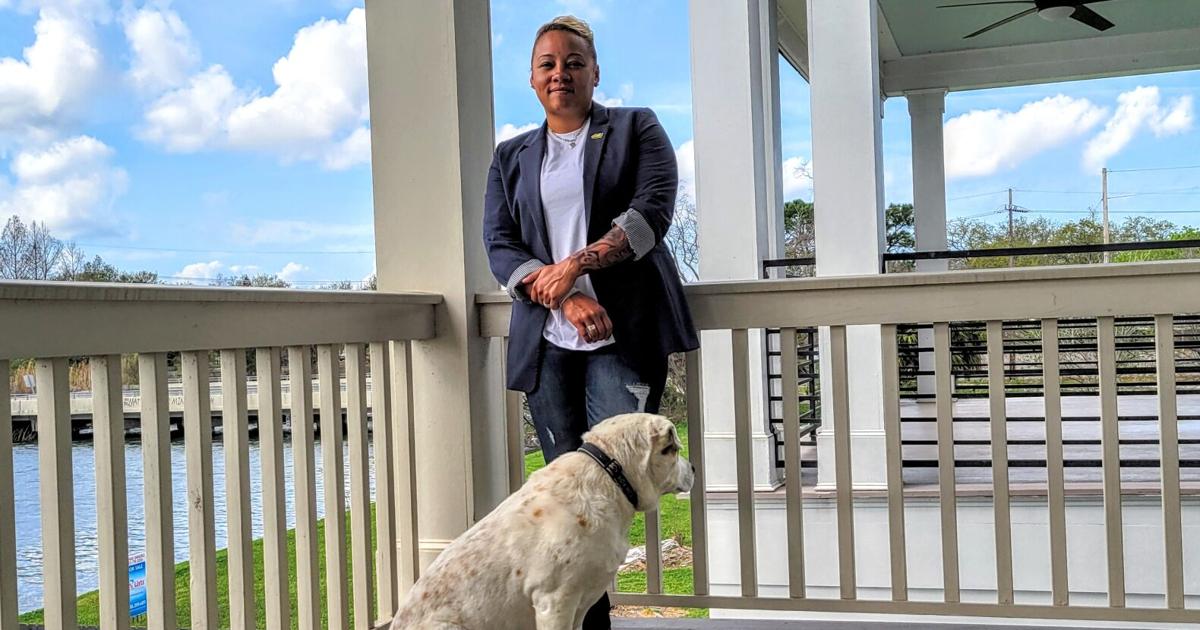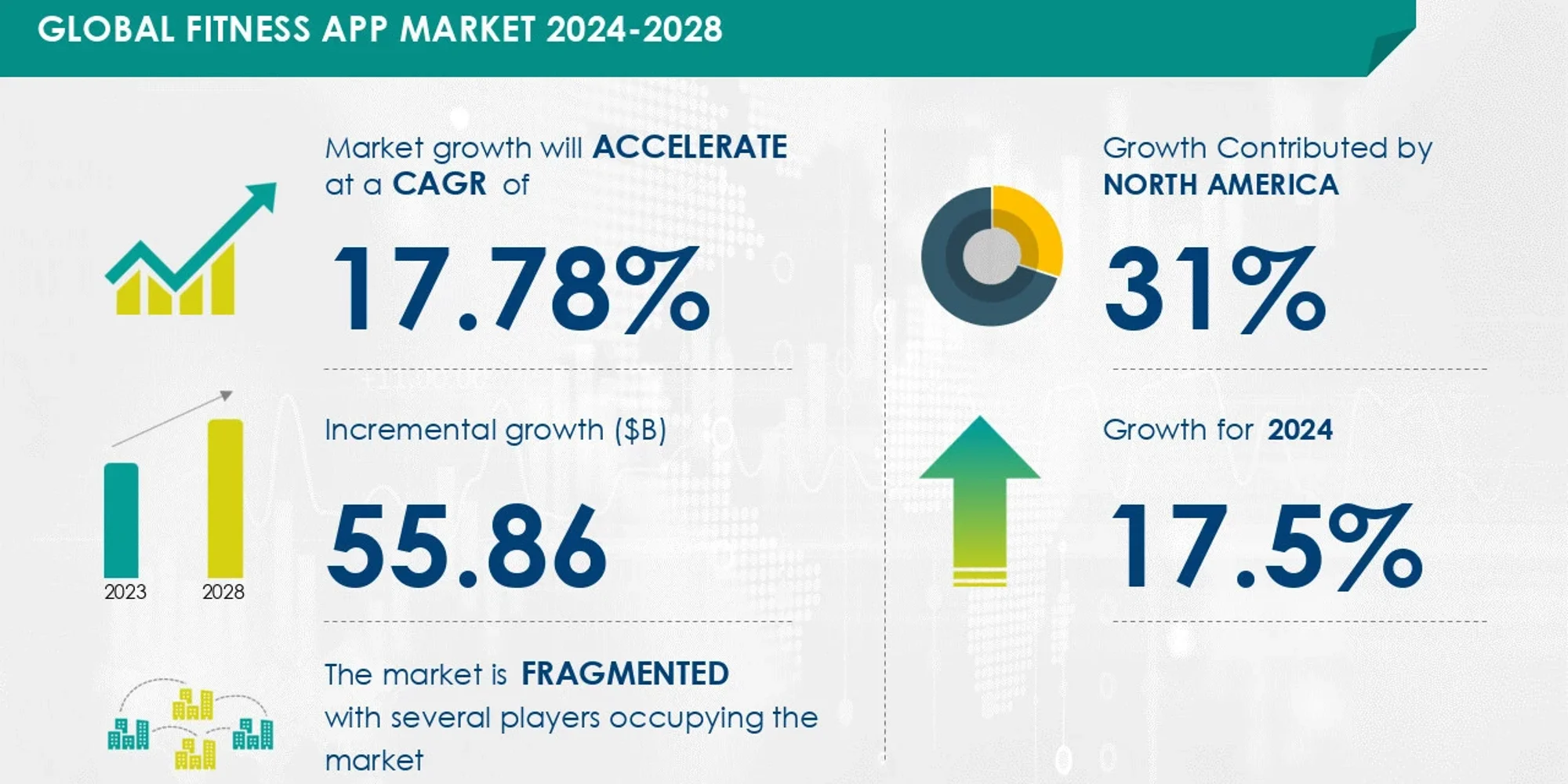Bussiness
Talking Business: Iam Tucker, SBA’s Louisiana Small Business Person of the Year, talks legacy

Iam Tucker, a former Baton Rouge police officer and daughter of legendary civil rights activist and businessman Robert H. Tucker, was named in March as the U.S. Small Business Administration’s 2024 Louisiana Small Business Person of the Year.
Her father had established civil engineering contractor ILSI Engineering in the early 1990s after years of activism, municipal politics and successful business ventures.
While establishing a toehold in a competitive business was a monumental task for her father, building on that foundation as a second-generation owner was a mountain to climb in its own right, especially when one is dealing with slow-paying public sector departments while trying to break into the private sector, too.
As the SBA citation said of Tucker: “As a second generation owner of ILSI for over 15 years, she has generated more than 100 contract awards across various state, local, and federal agencies. She has grown the company from nine employees to 50 employees, with a revenue of over $2.7 million.”
She also is part of the $1 billion River District project, the largest public-private project in Louisiana history. For good measure, she has won the first overseas contract for her firm, working on a public infrastructure project in Peru.
In this week’s Talking Business, Tucker reflected on the legacy that she inherited from her father, who died at 82 in March of last year. She is heading to Washington, D.C., for National Small Business Week, where she has a chance to be named National Small Business Person of the Year.
Interview has been edited for length and clarity.
You’ve talked about how much your father meant to you and the example he set. Talk a bit about him for anyone who doesn’t know his legacy.
He was the very first African American assistant to a mayor in New Orleans, Moon Landrieu. That was to help him integrate New Orleans, which wasn’t just about people being able to go in the same restaurant. It was about integrating New Orleans economically. So, he was part of so many different things and not just business. He was instrumental, with Don Hubbard and other civic leaders, in negotiating a peaceful resolution to the infamous standoff in 1970 between Black Panthers in Desire and the (New Orleans Police Department). The NOPD was ready for war. I mean, they went in there with a tank — an actual tank and Rambo-style bullets wrapped around their chests. But my dad and the others were able to negotiate it peacefully after about a two-day standoff.
He worked for both Landrieu administrations, also Mark “Dutch” Morial and then helped various politicians in their campaigns, including Mayor LaToya Cantrell. He then moved into business and had to be a pioneer on that front, too. Talk about about the ILSI and that legacy.
The company marks 30 years this year. It’s a significant achievement for any business, especially around here, but especially for Black businesses in New Orleans as an infrastructure company. That was 15 years under my dad’s helm and I purchased the company from him. It took me eight years to pay him off. I think my dad would be extremely proud of me today. I think he’d be proud of his company. When I took it over in June 2008, we were at about nine, maybe 10 people, and we had maybe four contracts that were expiring. Some people look at me and say, ‘Oh, well you got a leg up.’ I didn’t walk into some $10 million business.
There are still a lot of obstacles to doing business in Louisiana, for Black-owned businesses particularly?
It’s a difficult place to do business. My dad used to say there are three parts to the business. First, you’ve got to get the work. Two, you’ve got to get the work done. And three, you’ve got to get paid for the work. Getting access to the work is difficult at times. Even when you do get on a team, you still have to fight for your piece of what was agreed upon. Then the work probably doesn’t start for like six, seven months because the government moves so slow. Then you still have to get paid for the work and you only get paid when the prime (contractor) gets paid. It would be a blessing if they were paying in 90 days.
On the question of access, you think there are still obstacles to minority businesses, to women contractors like yourself? You think there is still a need for programs — private sector as well as public sector — to ensure equitable access to contracts? Like the SBA’s 8(a) development program that you’ve been part of?
it’s a scary world right now for (Disadvantaged Business Enterprises) and companies owned by people of color and minorities and even women. There is an attack on these business development programs nationwide. It started with the attack on affirmative action by the Supreme Court. (Last June, the U.S. Supreme Court voted 6-3 to curb affirmative action in higher education — ending a 40-year-old precedent that allowed colleges and universities to broadly consider applicants’ race in deciding admissions.)
Now, that has trickled into a very well coordinated, very well planned attack on these business development programs. So, it’s scary because while yeah, all these programs definitely need improvement, they are still imperative to helping small businesses get a foot in the door. They’re imperative to inclusion because there’s a lot of us including my company, the company my father started, that would not have had more opportunity without them.









